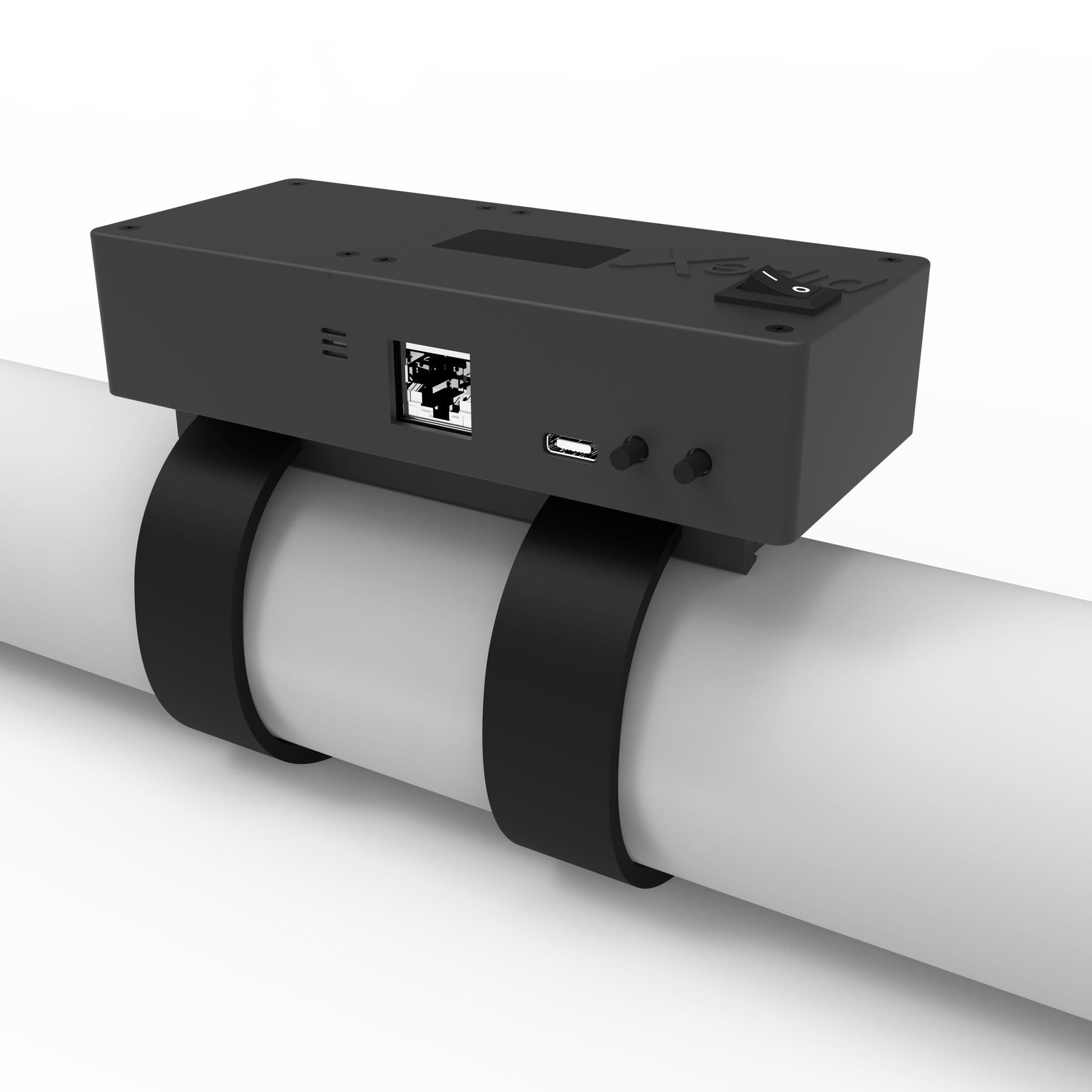A water leak in a copper pipe can be an unexpected and stressful issue for any homeowner. Fortunately, there are approved technologies and techniques available that can help you address this problem effectively. In this guide, we will walk you through the steps on how to fix a water leak in a copper pipe, ensuring that you’re well-prepared to tackle this common household problem.

The Importance of Addressing Water Leaks Promptly
Water leaks, if left unattended, can cause significant damage to your property. From mold growth to structural damage, the consequences of a leak can be costly. This is why knowing how to fix a water leak in a copper pipe is a crucial skill for homeowners.
Understanding Copper Pipes
Copper pipes are commonly used in plumbing due to their durability and reliability. However, they are not immune to leaks. Understanding the nature of copper pipes can help you diagnose and fix issues more effectively.
Common Causes of Leaks in Copper Pipes
Leaks in copper pipes can occur for a variety of reasons. Common causes include:
- Corrosion
- High water pressure
- Physical damage
- Improper installation
Identifying the root cause of the leak is essential for finding an appropriate solution.

Preparing to Fix the Leak
Gather the Necessary Tools and Materials
Before you begin the repair process, make sure you have the following tools and materials ready:
- Pipe cutter
- Emery cloth
- Flux
- Solder
- Propane torch
- Replacement copper pipe or fitting
- Pipe wrench
- Safety gloves
- Protective eyewear
Shut Off the Water Supply
To safely repair the leak, you need to shut off the water supply to the affected pipe. Locate the main water valve and turn it off before proceeding.

Step-by-Step Guide to Fixing the Leak
1. Identify the Leak
Start by identifying the exact location of the leak. Look for visible signs of water or listen for the sound of dripping water.
2. Cut Out the Damaged Section
Using a pipe cutter, carefully cut out the section of the pipe that is leaking. Make sure to cut at least one inch on either side of the leak to ensure you remove all damaged areas.
3. Clean the Pipe Ends
Use an emery cloth to clean the ends of the remaining copper pipe. This will help create a clean surface for the new fitting or pipe to attach securely.
4. Apply Flux
Apply flux to the cleaned ends of the pipe and the inside of the replacement fitting. Flux helps the solder flow and ensures a strong, leak-free joint.
5. Solder the Joints
Using a propane torch, heat the joint area and apply solder until it flows into the joint and creates a secure seal. Allow it to cool and solidify before proceeding.
6. Test the Repair
Turn the water supply back on and check for any leaks. If the repair is successful, there should be no visible water or dripping.
Preventative Measures to Avoid Future Leaks
Regular Maintenance
Regularly inspect your plumbing system for signs of wear and tear. Catching potential issues early can prevent leaks from occurring.
Monitor Water Pressure
High water pressure can cause stress on your pipes, leading to leaks. Consider installing a pressure regulator to maintain safe water pressure levels.
Insulate Your Pipes
Insulating your copper pipes can help prevent damage from temperature fluctuations and reduce the risk of leaks.
When to Call a Professional
While many water leaks can be fixed by homeowners, some situations may require the expertise of a professional plumber. If you encounter any of the following, it may be time to call in a pro:
- The leak is extensive or difficult to reach
- You’re unsure of the cause of the leak
- The leak persists after multiple repair attempts
- There is significant water damage
For more information on whether a professional is required, check out this guide.
FAQs
Can I use epoxy to fix a copper pipe leak?
While epoxy can be used as a temporary solution, it is not recommended for a permanent fix. Proper soldering ensures a more reliable and lasting repair.
How long do copper pipes typically last?
Copper pipes can last anywhere from 20 to 50 years, depending on factors such as water quality and maintenance.
Is it safe to solder a copper pipe myself?
Yes, with the right tools and precautions, it is safe to solder a copper pipe. However, if you’re uncomfortable with the process, it’s best to consult a professional.
As an Amazon Associate, I earn from qualifying purchases.
For further understanding and tips on home repairs, visit home repairs, housing guide, and generator tips.
As an Amazon Associate, I earn from qualifying purchases.

